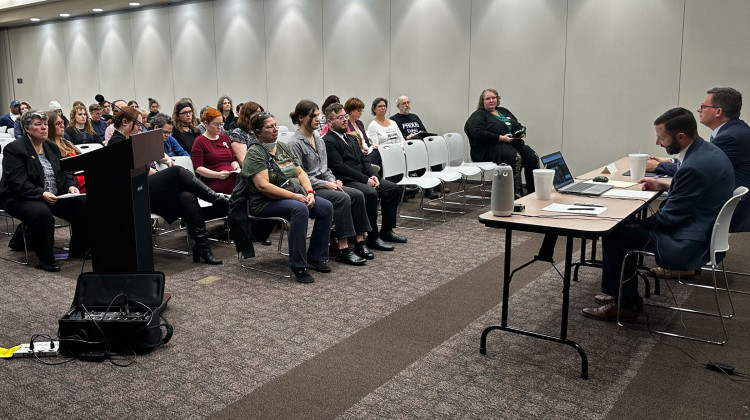
The United States Supreme Court’s ruled a Texas law requiring doctors who perform abortions to have admitting privileges at a hospital within 30 miles of the abortion facility unconstitutional.
stock photoINDIANAPOLIS -- An Indiana University reproductive rights expert says the U.S. Supreme Court’s decision to rule a Texas anti-abortion law unconstitutional could make it easier to strike down some of Indiana’s laws.
The Texas law required doctors who perform abortions to have admitting privileges at a hospital within 30 miles of the abortion facility. Indiana has a similar, though less restrictive, law. Doctors who perform abortions here must have admitting privileges at a hospital in the same county, or an adjacent county, as the abortion facility, or have a written agreement with a doctor with those same privileges. IU law professor Dawn Johnsen says the Supreme Court’s ruling now requires closer scrutiny of such laws.
“The Court clarified that the undue burden standard requires a showing that the state law actually advance some health purpose if it’s enacted under the guise of protecting women’s health. So that opens the door to a challenge to restrictions like Indiana’s that are not identical to the one in Texas,” Johnsen says.
Johnsen says the Texas case should have no impact on a current lawsuit challenging Indiana’s selective abortion ban.
 DONATE
DONATE








 Support WFYI. We can't do it without you.
Support WFYI. We can't do it without you.